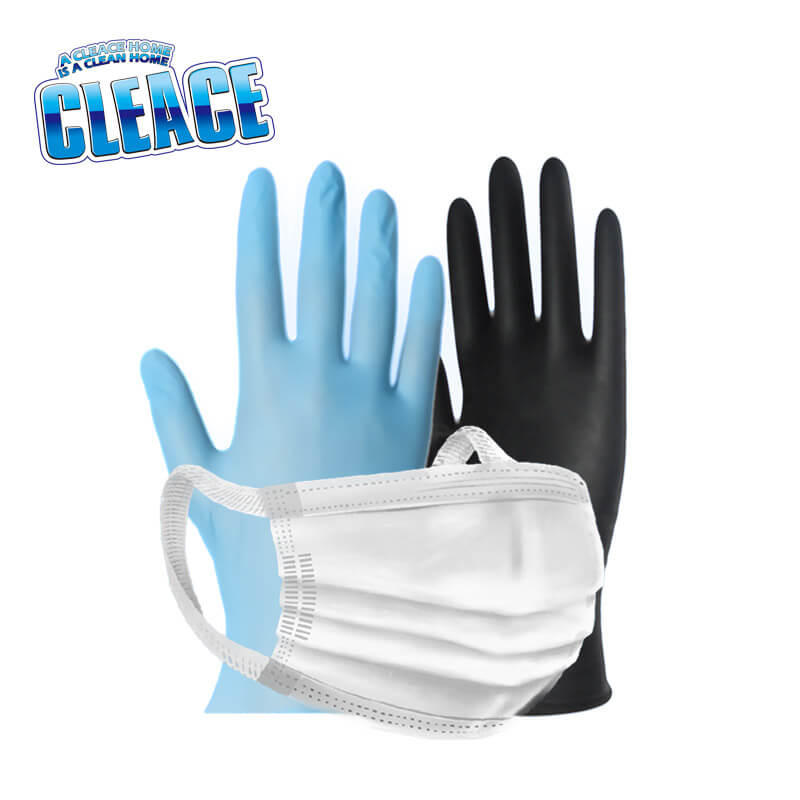The chemicals in washing powder are generally considered safe for their intended use when used as directed. The formulations of washing powders undergo rigorous testing and evaluation to ensure their safety and efficacy. However, it's important to understand and follow proper usage and handling practices to minimize any potential risks.
While most people can use washing powders without experiencing adverse effects, some individuals may be more sensitive or allergic to certain chemicals or ingredients. Common chemicals found in washing powders include surfactants, enzymes, builders, bleaching agents, and fragrance ingredients. Here's some information about these components:
1. Surfactants: Surfactants are responsible for the detergent's ability to remove dirt and stains by reducing the surface tension of water. They help water penetrate fabrics and lift away soils. The most common surfactants used in washing powders are anionic or nonionic surfactants. They are generally considered safe for use in household cleaning products and have low toxicity. However, prolonged or repeated exposure to concentrated surfactants may cause skin dryness or irritation, especially for individuals with sensitive skin.
2. Enzymes: Enzymes are proteins added to washing powders to enhance stain removal. They break down specific types of stains, such as proteins, starches, or fats, into smaller, more soluble molecules. Enzymes used in detergents are carefully selected and optimized for their cleaning performance and safety. However, some individuals may have allergies or sensitivities to certain enzyme proteins. If you experience skin irritation or allergic reactions after using enzyme-containing washing powders, it's advisable to discontinue use and consult a healthcare professional.
3. Builders: Builders are chemicals added to washing powders to improve their performance in hard water conditions. They help to soften the water, prevent mineral deposits, and enhance the cleaning process. Common builders include phosphates, zeolites, citrates, or polycarboxylates. Phosphates, which were commonly used in the past, have been restricted or banned in many regions due to their environmental impact. Modern washing powders often use alternative builders that are more environmentally friendly.
4. Bleaching Agents: Bleaching agents, such as oxygen-based bleach or chlorine bleach, are used to remove stains and whiten fabrics. These agents can be effective for stain removal but should be used as directed. Chlorine bleach, for example, should be used with caution and only on compatible fabrics, as it can cause color fading or damage certain materials. Oxygen-based bleach is generally considered safer and more environmentally friendly.
5. Fragrance Ingredients: Fragrances are added to washing powders to provide a pleasant scent to freshly washed clothes. The specific fragrance ingredients used can vary, and some individuals may have sensitivities or allergies to certain fragrance compounds. If you experience skin irritation or allergic reactions, fragrance-free or hypoallergenic detergents may be a suitable alternative.
It's important to note that the overall safety of washing powders depends on various factors, including proper usage, following instructions, and individual sensitivities. If you have specific concerns or known sensitivities, it's advisable to select detergents that are labeled as suitable for sensitive skin or consult with healthcare professionals for personalized advice.









CONTACT US NOW!
If you did not receive our reply within 24 hours, please send to our email s@aogrand.com, or call +86-13002502658 directly.